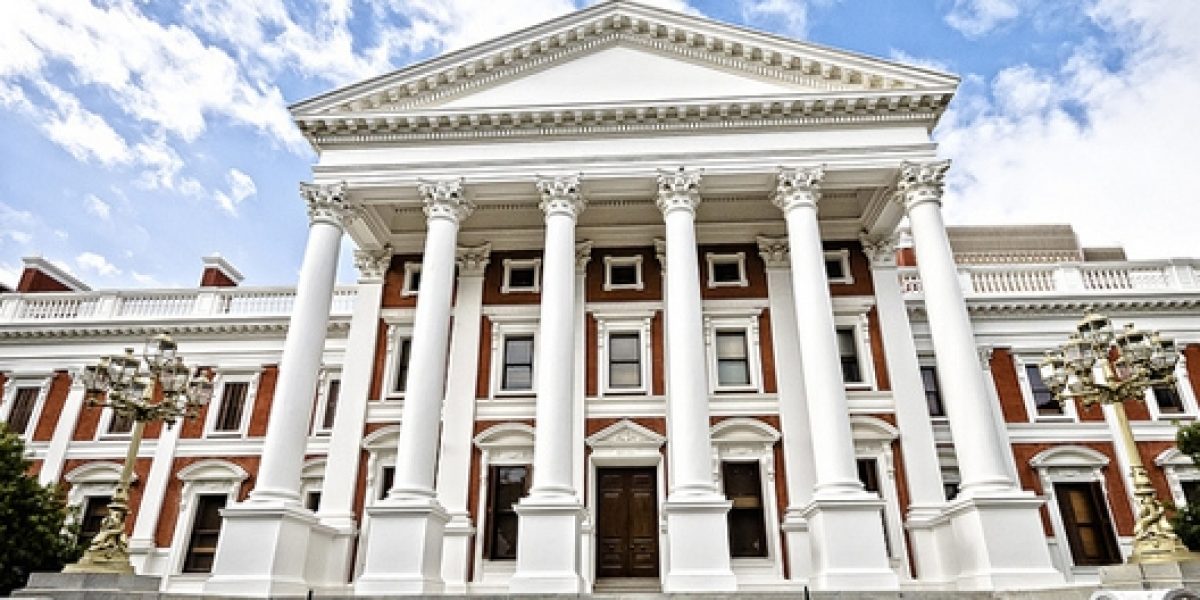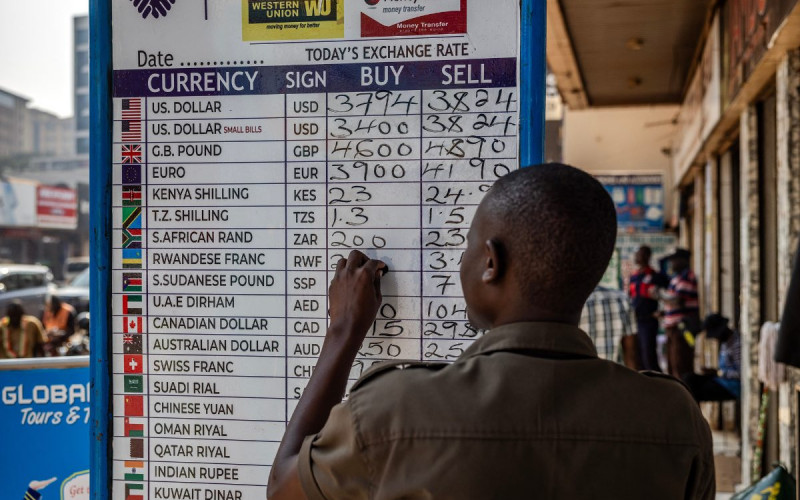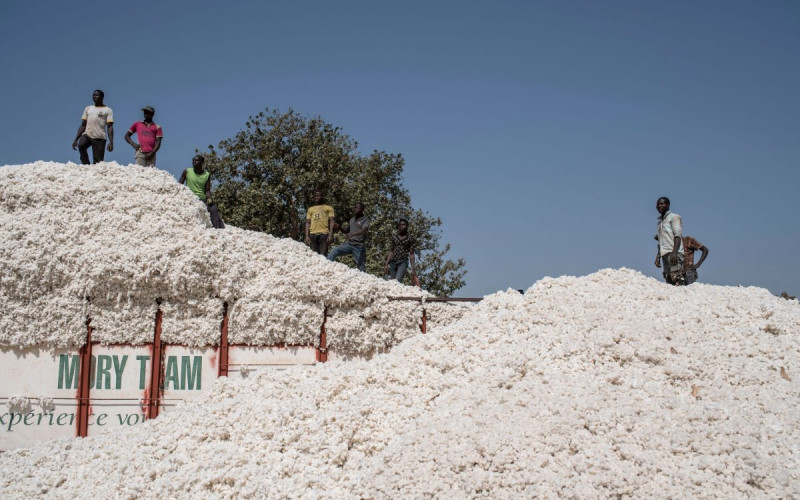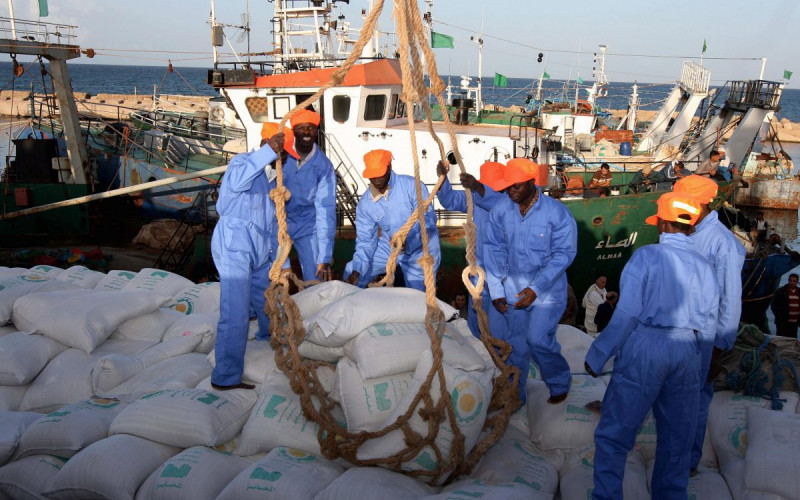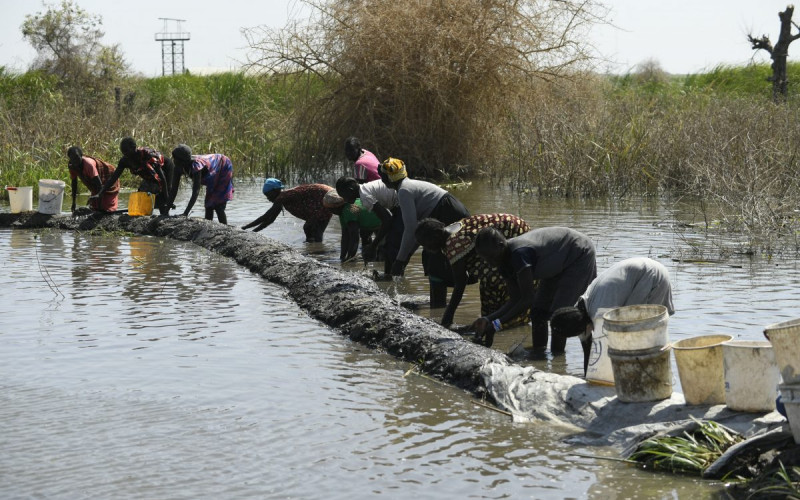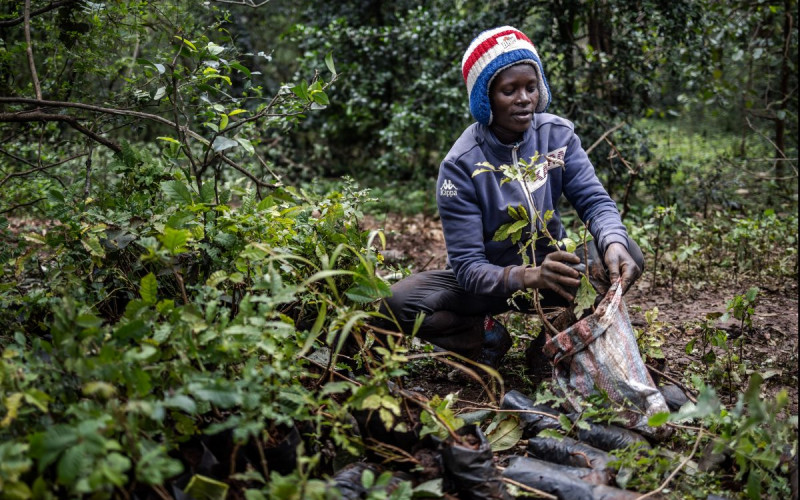On 26 January 2015, President Jacob Zuma provided reasons for referring the Mineral and Petroleum Resources Development Amendment Bill (MPRD-AB 2014) back to Parliament. The Bill had been shepherded through parliament shortly before the 2014 national elections, and has been on the President’s desk since then.
Commendably, the president cited some crucial problems with the Bill as rationale for sending it back to the National Assembly (NA). First, he highlighted concerns over constitutionality, which commentators had warned about during the parliamentary public hearings of late 2013.
Second, there was a risk that the Bill would violate international trade agreements to which South Africa was party. Third, the National Council of Provinces (NCOP) had insufficient time to consult provincial legislatures as to the Bill’s suitability. The big question, as Mineral Resources Minister Ngoako Ramatlhodi put it, is whether the final bill will meet South Africa’s socio-economic development goals while simultaneously maintaining investor-friendliness.
The original Mineral and Petroleum Resources Development Act of 2002 was enacted in 2004 as a means of reversing the 1991 Minerals Act. The latter transferred mineral rights exclusively to private owners – apartheid’s last-ditch attempt to keep capital in white hands. The 2002 Act, in accordance with the ANC’s Freedom Charter of 1955, made the state the custodian of the country’s mineral resources. On the premise that South Africa’s mineral wealth belongs to all her people, the state now allocates prospecting and mining licenses for limited periods.
Few would quibble with the spirit of the principal MPRDA – it attempted to reverse historic injustice so visibly manifest in the mining industry. From at least 1886 (when gold was discovered) onwards, mining entrenched institutional inequality in South Africa. This worked predominantly through oscillating migrant labour.
However, the Act created difficulties for governing the country’s mineral wealth. Amendments to the Act were gazetted in 2008. Those amendments were only signed into law in June 2013, a month after proposed changes to existing legislation arrived in parliament. The government averred that the amendments were necessary both to remove definitional ambiguity and excessive ministerial discretion. Critics argued that both sets of amendments did exactly the opposite.
There are at least three compelling reasons why the bill rejected by the president needs further refinement.
First, the minister possesses broad discretionary power to ‘designate’ any mineral as ‘strategic’, for the purpose of limiting exports to provide raw material for local beneficiation. The minister would be able to set limits by regulatory fiat. Furthermore, the Bill makes provision for the designated raw material to be purchased at ‘mine gate or agreed prices’. These terms remain undefined and are alleged to make investors nervous. Moreover, it seems an unworkable imposition on the South African economy, as Eskom is unlikely soon to be able to provide the power required for energy-intensive manufacturing.
Second, the criteria by which exploration and prospecting rights are allocated are now unclear. The proposed amendments remove the ‘first-in-first-assessed’ principle, which processes applications on order of arrival, and replace it with ministerial discretion to invite applicants. The process by which decisions will be made thereafter is not clearly stated.
Third, the government is entitled to a ‘free-carry’ interest of 20% in new oil and gas ventures, with the remaining 80% available for purchase at an ‘agreed price’, which remains undefined. A Business Day editorial argued that this would be ‘highly detrimental to investment and the potential for job creation’ in the nascent sector. Given these concerns, it seems appropriate that the president acquiesced to Minister Ramatlhodi’s request to send the Bill back to Parliament.
Related to the legislative agenda for the coming parliamentary session, a decision is pending on government’s nuclear procurement plan, which has assumed greater urgency owing to the dire energy constraint in the economy. Whilst president Zuma’s last state of the nation address strongly endorsed nuclear procurement – followed by a raft of memoranda of understanding with suppliers – no concrete funding commitment has been forthcoming. Greater clarity is needed on this and related economic plans to signal positively to an energy sector that rejected outright the MPRD-AB.
At this critical juncture in South Africa’s energy planning, care ought to be taken to hear the concerns of the emerging oil and gas sector, which could play a pivotal role in realising the game-changing potential of shale and conventional energy finds in South Africa. Many will be watching carefully to see whether government separates energy provisions from the minerals bill.
In the context of a mining industry that is struggling to regain momentum after crippling strikes and falling commodity prices, it is desirable to clarify legislation to attract investments. There are generally two important criteria to follow in this respect. The first is to craft legislation that unambiguously respects the rule of law in accordance with section 1 of the Constitution. The second is to make a credible commitment to ensuring security of tenure for investors (as established in section 25 of the Constitution). In this respect, ministerial discretion should be minimised.
Moreover, the process by which mineral rights are allocated should be made clear in order to eliminate incentives for unproductive rent seeking. These steps will help to grow the industry, a necessary condition for achieving the socio-economic objective of reversing historical injustice. As the 2015 Mining Indaba approaches, government should signal to the mining world that it will take the road less travelled.

